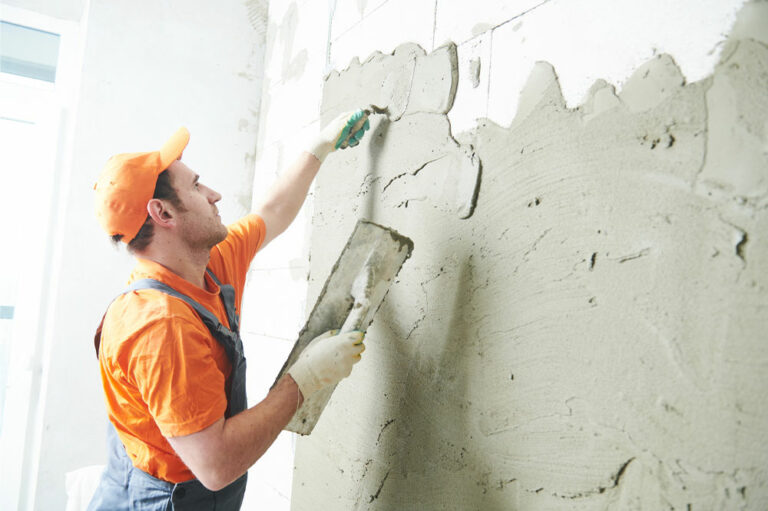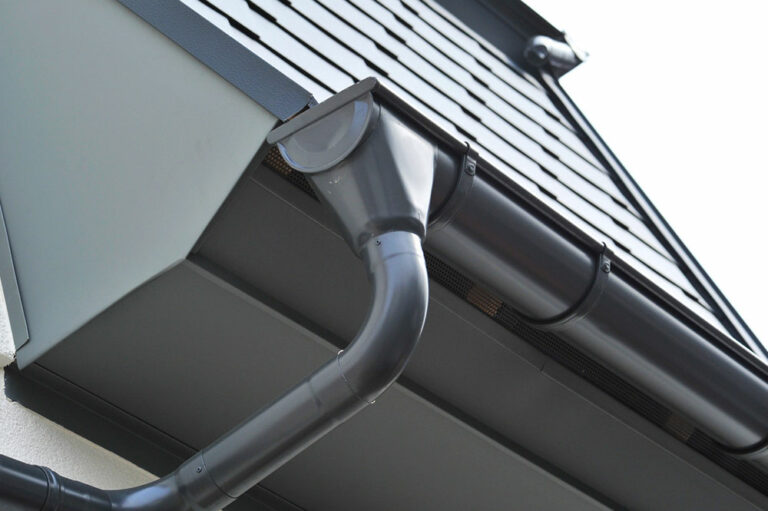5 mistakes to avoid when renovating a foundation

The foundation of a building is crucial for the safety of its occupants. Nowadays, basements, or the lowermost structure levels just above the foundation, are being utilized creatively for several purposes, such as parking, gymnasiums, dance studios, cafeterias, and libraries. That’s why foundation repairs and basement renovations can make a huge difference to the overall structure. However, the key is to know and implement the right renovation strategies and avoid common mistakes during the process.
Not addressing cracks
Often, cracks on a building’s foundation or basement begin as tiny ones, but if they are left untreated, they might widen with time, causing water to seep in and moisture levels to rise. As a result, mold and mildew may form eventually, which can further weaken the structure. So, it’s important to address any cracks on the foundation or basement immediately, no matter how minor they might initially seem.
Repairing concrete with more concrete
When there is damage to the concrete at the foundation or basement level, it’s a common practice to try and fix it using more concrete. But it’s better to repair concrete with a material stronger than it, such as carbon fiber, which will prevent the problem from re-occurring.
Using self-leveling concrete to fix subfloors
Self-leveling concrete is best for interior floors, not for repairing subfloors or treating cracks. This is because self-leveling concrete may not be a very strong compound for cracks, and if the solution is unable to cover the cracked area properly, it might eventually lead to more damage. It’s best to avoid self-leveling concrete for subfloors.
Using the wrong materials for the basement walls
Materials for the basement walls should be selected tactfully because basements tend to have more humidity than the rest of the building. As a result, one should ensure that inorganic materials like ceramic are used for the walls because they prevent moisture from forming and keep the basement airy and cool. One can also opt for spray foam insulation.
Not setting a budget for repairs and renovations
Foundation repairs can be quite expensive, especially if extensive work is required. Similarly, renovating a basement can also be a costly affair due to the scope for innovation. It’s easy to get carried away with these projects and forget to consider the budget. However, not having a fixed budget for repair work can lead to a financial crunch later on. Plan accordingly to avoid any unforeseen expenses.










